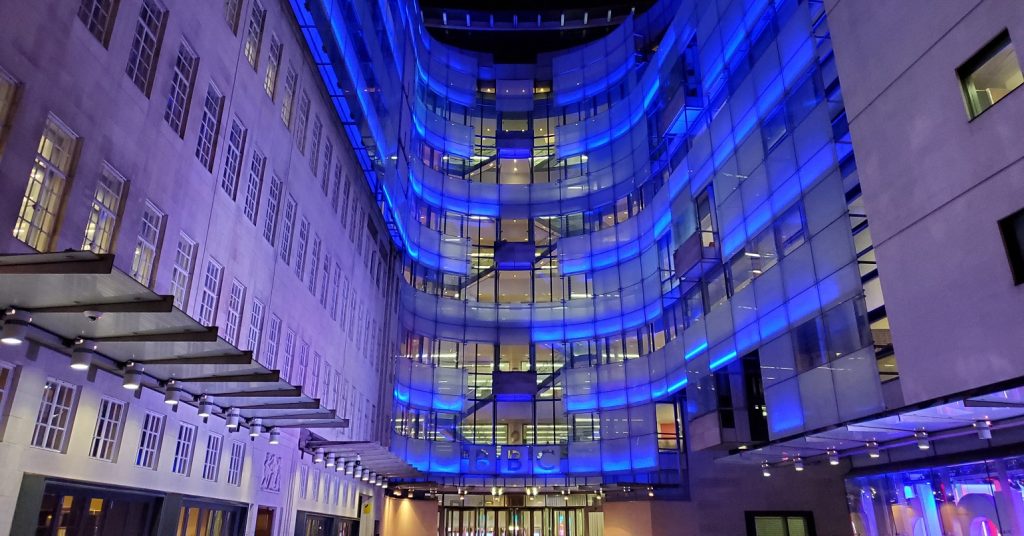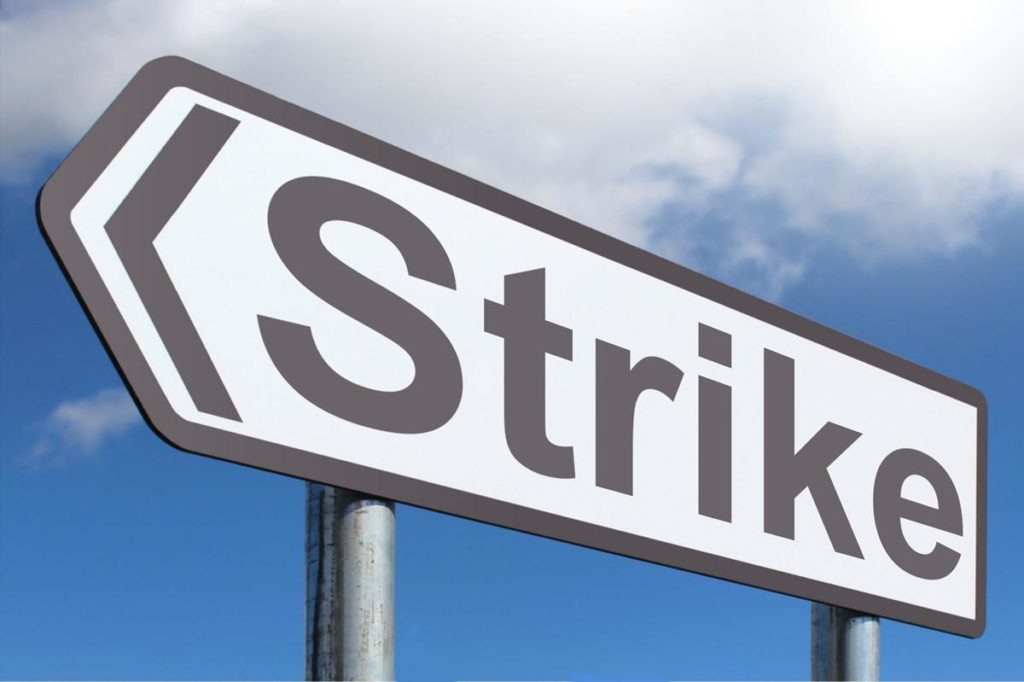NUJ demands equality impact assessment over BBC local radio cuts

The National Union of Journalists (NUJ) has called for an urgent equality impact assessment to be carried out with regards to BBC local radio staff facing redundancy across England. The NUJ says it has concerns over the impact on minority and disadvantaged audiences as well as the individuals chosen by the BBC who now face losing their livelihoods.
Despite intense campaigning by the NUJ and strong cross-party opposition across parliament calling on the BBC to pause its plans and engage with licence fee payers, BBC bosses are continuing with plans to slash local radio output, cutting and merging shows after 2pm on weekdays and throughout the weekend.
Local shows across 39 local radio stations in England are disappearing. Local news – a traditional cornerstone of BBC broadcasting – will no longer be live, with plans to share bulletins across stations with smaller numbers of newsreaders forced to pre-record news bulletins.
BBC Norfolk presenter Sophie Little used her final programme this week to speak out against the cuts to local radio, which she blasted as “ableist and ageist”. Her comments were then cut from the version of the show on BBC Sounds, causing the NUJ to write seeking an explanation for this editorial approach which has concerned many members across the corporation.
Legal action against the BBC is also on the cards, with lawyers for blind radio listener Sarah Leadbetter writing to Director General Tim Davie on the grounds that the Equality Act has been breached. In freedom of information responses to the National Federation of the Blind of the UK (NFBUK), the BBC admitted it had not undertaken an equality impact assessment of local radio cuts on audiences, many of whom are elderly, disabled, not online or hard to reach.
Paul Siegert, NUJ broadcast organiser, said: “These plans remain deeply unpopular among staff, audiences, politicians and communities across the country. We want to retain as much local programming as possible, and we absolutely want to see news kept live and local. Pre-recording 20 minutes before means news bulletins will miss any breaking stories and seriously undermine the quality of BBC local news.
“The NUJ is very concerned about the number of disabled, black and women members of staff being served notice of redundancy. By their own admission, BBC needs to do better on diversity of staff, particularly when it comes to disabled staff, yet we’re seeing little consideration given to members with disabilities facing distressing and complicated redeployment and redundancy situations.
“The impact on minority and vulnerable audiences is also considerable […] prompting many charities speaking out across the country. Nobody wants these changes, and the concerns of the listening public have been ignored. There’s still time for the BBC to re-shape these changes to local radio and retain the valued local news and programming that audiences tune in for.”
At the House of Commons Culture, Media and Sport Select Committee meeting on 13 June 2023, BBC director general Tim Davie was quizzed by MPs on the staff survey and BBC staff demographics. In response to a question about the BBC pay gap increasing in all areas, most in disabilities and LGBTQ+, he acknowledged the figures and said: “Disability is an area we need more people in senior roles and that is a challenge.”
Despite this, experienced and committed disabled members of staff are being served redundancy notices and not given additional support in finding alternative jobs within the BBC.
PS. We hope you enjoyed this article. Bright Green has got big plans for the future to publish many more articles like this. You can help make that happen. Please donate to Bright Green now donate to Bright Green now.
Image credit: Igbofur – Creative Commons



Leave a Reply